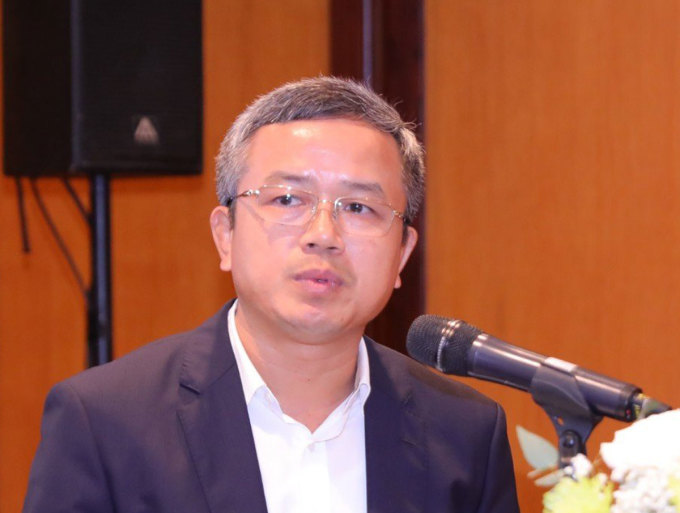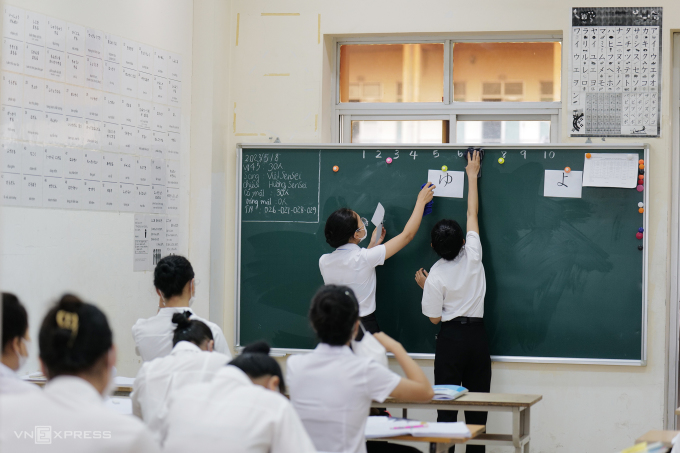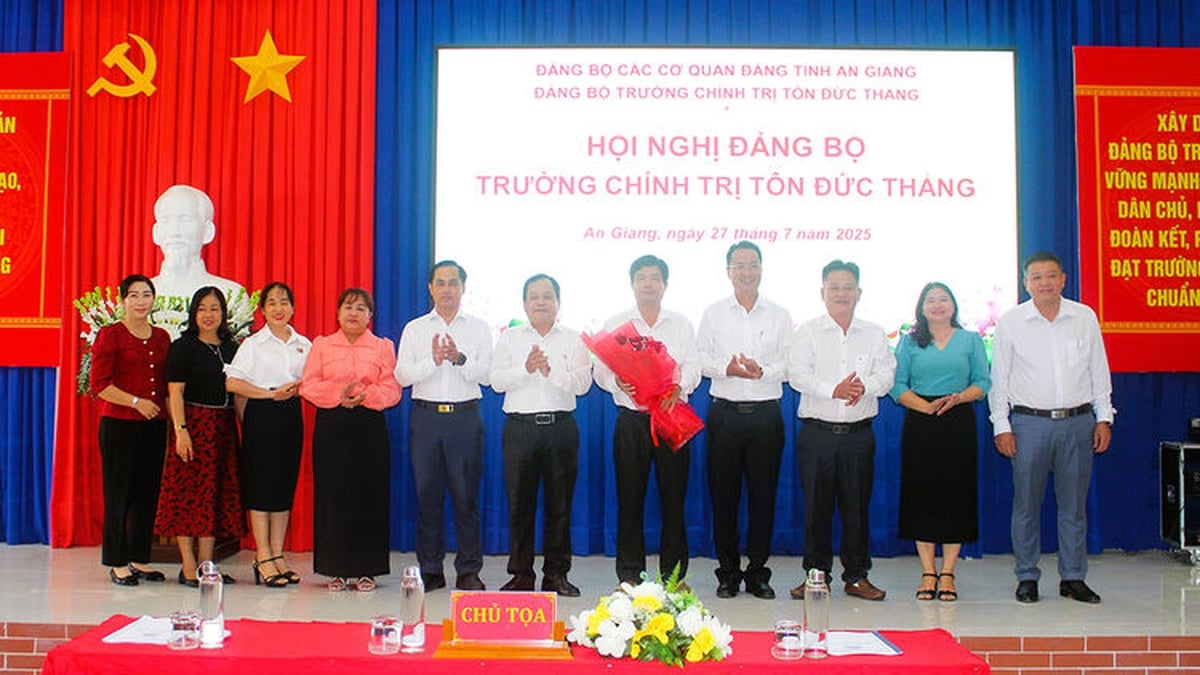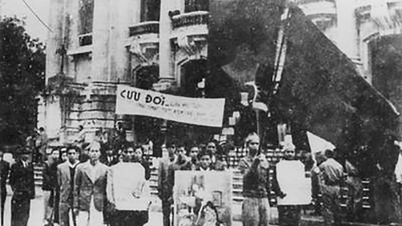Japan is the destination of more than half of Vietnamese workers going to work each year, currently having more than 200,000 trainees, the largest number among countries sending workers to this country.
At the Vietnam-Japan 50th Anniversary Diplomatic Relations Conference on August 25, Deputy Director of the Overseas Labor Management Department Pham Viet Huong said that Vietnam leads among 15 countries sending trainees to work in Japan. The number of trainees increased eightfold from 10,000 in 2013 to 82,700 in 2019. After three decades, Japan has received a total of more than 400,000 Vietnamese trainees.
In addition, there are 80,000 specific skilled workers (who can work long-term in Japan with better salaries than interns), mainly transferred from interns; nearly 1,700 nursing and caregiving candidates; 65,000 technical workers, engineers, interpreters and thousands of workers from poor districts working under the JM Japan program. In total, more than 345,000 Vietnamese workers are working and living in Japan in 84 industries, as of the end of 2022.

Mr. Pham Viet Huong, Deputy Director of Overseas Labor Management Department (Ministry of Labor, War Invalids and Social Affairs) at the workshop on August 25. Photo: Hong Chieu
Affirming the outstanding cooperation, Mr. Huong also said that the technical intern program from 1992 to now has revealed many limitations. Specifically, workers only receive minimum wages, no bonuses, no allowances like local people. Trainees are also not allowed to transfer to another place in case the job is not suitable or the employer does not treat them well.
"The situation of workers fleeing from their internships and illegal residence has decreased, but has not improved much," said Mr. Huong, citing the reason that in addition to selecting unsuitable candidates, some Japanese unions also demand commissions... causing workers to be burdened with expenses. The working environment in many local enterprises is not good, the work is heavy and the income is low; the Yen has fallen sharply, forcing workers to go out and work against the rules.
Mr. Watanabe Shige, Deputy Ambassador of Japan to Vietnam, said that the number of Vietnamese workers working in this country has increased tenfold in the past decade, the highest among all countries. "Vietnamese workers are hard-working and have made great contributions to the economic and social development of Japan," he emphasized, citing a survey by the Japan External Trade Organization showing that Vietnam is one of the countries with open doors for cooperation with Japanese businesses wanting to invest in.

Training class for workers to work in Japan in Hanoi , May 2023. Photo: Ngoc Thanh
Increasing cooperation to better protect workers, authorities of both countries have handled and revoked a series of licenses of businesses that violated regulations, including 4 companies whose dispatches were temporarily suspended due to the high rate of trainees running away.
Vietnam proposed that Japan improve its trainee acceptance programs, skilled labor programs, and re-evaluate its nursing care program for the elderly. In addition, Japan should consider expanding the fields of accepting trainees in the fields of restaurant and hotel services, urban railway and high-speed train maintenance, and underground construction.
Vietnam and Japan established official diplomatic relations in 1973. Vietnam began sending workers to work in Japan in 1992, for 3-5 years with an average income currently reaching 1,200-1,400 USD per month.
The country has more than 600,000 workers working in 50 countries and territories, sending back nearly 4 billion USD in foreign currency annually through official channels, not to mention other channels. Of these, Japan, South Korea, and Taiwan are still traditional markets attracting over 90% of Vietnamese workers.
Hong Chieu
Source link






































































































Comment (0)